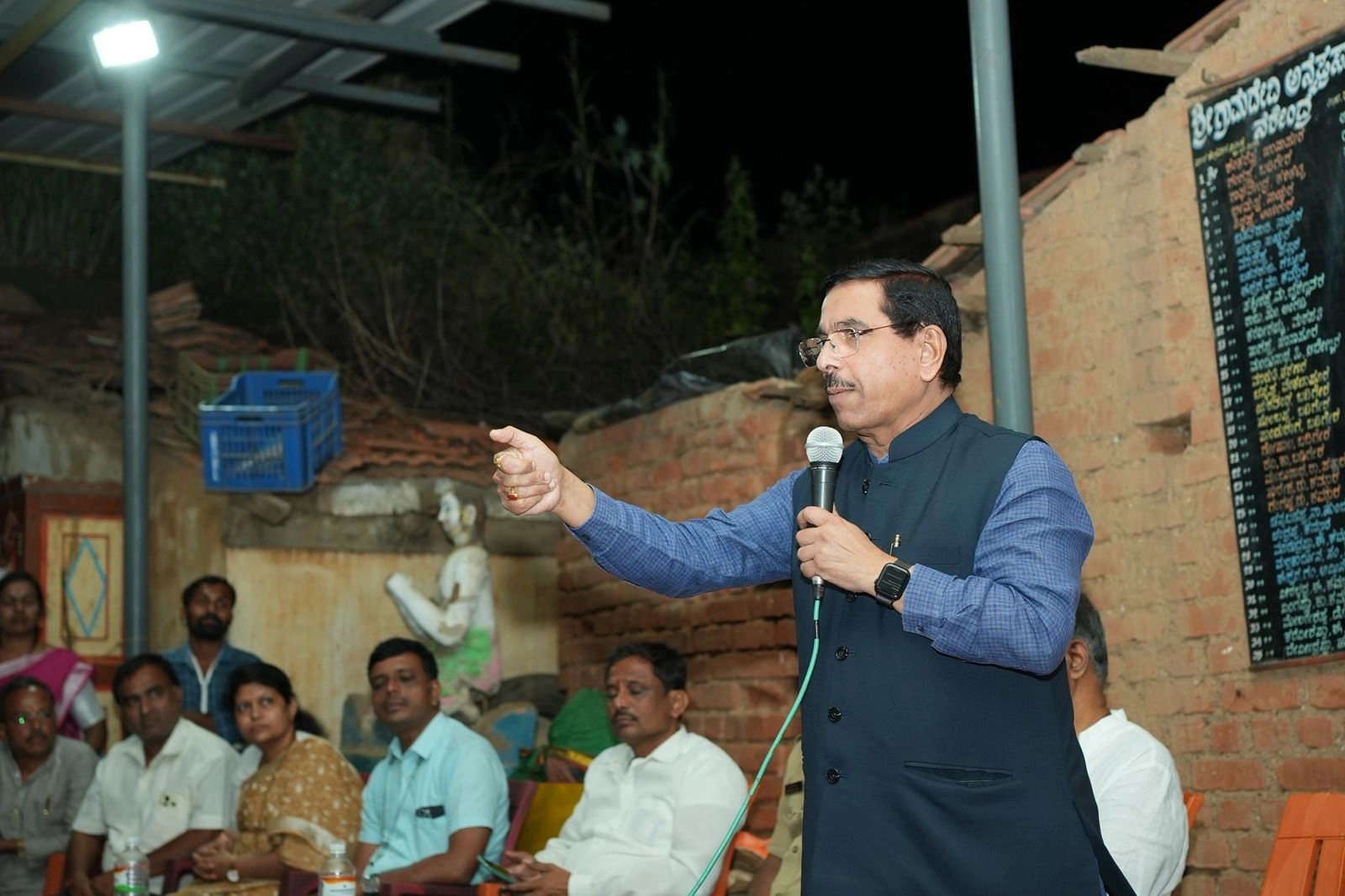In a recent incident that has sparked significant controversy, Union Minister’s frustration boiled over during a confrontation with a Karnataka police officer regarding the use of lathicharge at a Ganesh procession. This event unfolded amidst the backdrop of vibrant celebrations that mark the festival, which is one of the most revered in the region. Traditionally, these processions are filled with joyous participants, colorful decorations, and a deep sense of community spirit. However, the intervention of law enforcement has raised questions about the balance between maintaining public order and respecting cultural festivities.
As the Union Minister expressed his discontent, he questioned the police’s approach in handling the crowd during the religious celebration. His remarks highlighted a growing tension between governmental authorities and local law enforcement, particularly in how public gatherings are managed. The lathicharge, a method often employed by police to disperse crowds, has been a controversial tactic, especially when used in contexts that are meant to be celebratory and peaceful. The minister’s outburst reflects broader concerns about police actions during cultural events and the implications for community relations.
This incident underscores the delicate nature of policing in India, especially during festivals that hold significant cultural and religious importance. Many citizens view the heavy-handed tactics of law enforcement as a violation of their right to celebrate their traditions freely. The Union Minister’s public display of anger can be seen as an attempt to align himself with the sentiments of the community, advocating for a more respectful and understanding approach from the police. As discussions continue over the appropriate methods of public safety during such events, the need for dialogue between authorities and citizens becomes increasingly apparent.




